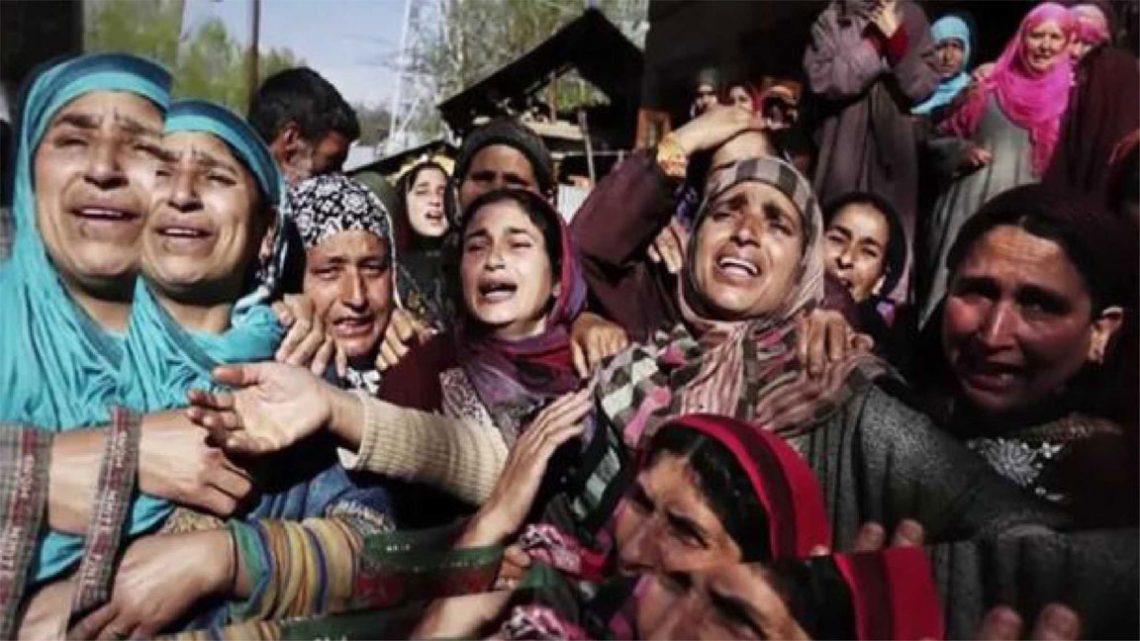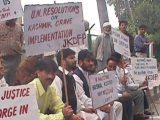
India’s Repressive Actions Against Families of Pakistani-Based Immigrants in IIOJK
May 29, 2024The Indian government, under the extremist policies of Narendra Modi, has escalated its repressive measures in Indian Illegally Occupied Jammu and Kashmir (IIOJK), particularly targeting families of those who migrated to Pakistan. This crackdown includes the confiscation of properties and denial of basic rights to the relatives of these migrants, who were forced to flee due to Indian state terrorism.
In a systematic attempt to strangle dissent and suppress the Kashmiri freedom movement, the IIOJK police and Home Department have been maintaining detailed records of families and relatives of individuals who migrated to Azad Kashmir. This move comes as part of broader efforts to intimidate and punish those connected to the Kashmiri diaspora in Pakistan.
The confiscation of properties has intensified, with over 500 properties seized by December 2023 under fabricated charges and draconian laws like the Unlawful Activities (Prevention) Act (UAPA). This law, often criticized for its broad and vague definitions, has been used to justify the seizure of land and homes on the pretext of maintaining law and order. Notably, properties belonging to individuals such as Mohammad Arif and Mohammad Bashir in the Uri area have been confiscated, reflecting the indiscriminate nature of these actions.
Relatives and family members still residing in IIOJK face severe restrictions, including bans on government employment and hurdles in obtaining security clearances for various purposes. This systematic exclusion further isolates and economically disenfranchises these families, stripping them of their livelihoods and opportunities.
The BJP regime’s strategy extends beyond property confiscation to a comprehensive assault on the socio-political fabric of IIOJK. Prominent Kashmiri leaders and activists, such as Ali Shah Geelani, Shabbir Shah, and Asiya Andrabi, have had their properties seized, alongside the offices of the All Parties Hurriyat Conference (APHC). These actions aim to erase the political significance and Muslim identity of the Kashmir valley.
Despite widespread condemnation from international bodies like the United Nations Human Rights Council (UNHRC) and Amnesty International, the Indian government continues to violate human rights with impunity. These organizations have repeatedly highlighted the grave human rights abuses in IIOJK, urging India to adhere to international obligations and norms. However, the Modi-led Indian government has shown little regard for these appeals, further entrenching its oppressive policies.
The situation in IIOJK demands urgent international attention. The continued repression and violation of human rights not only undermine the basic freedoms of the Kashmiri people but also pose significant risks to regional and global peace and stability. The international community must recognize the critical state of affairs in IIOJK and exert pressure on India to halt its coercive actions, restore the rights of the Kashmiri people, and allow for a peaceful resolution of the Kashmir dispute in accordance with the wishes of the Kashmiri populace.

